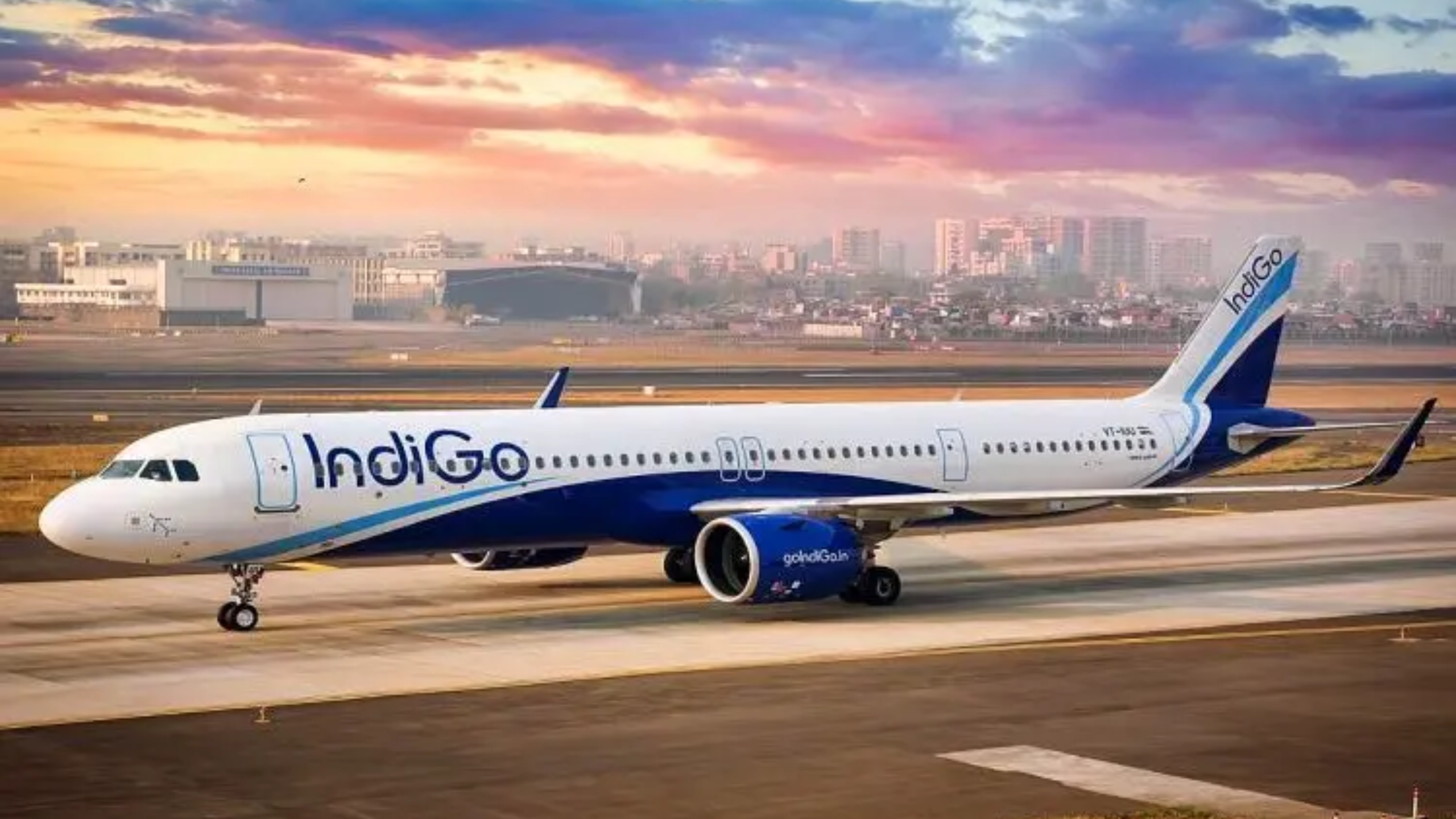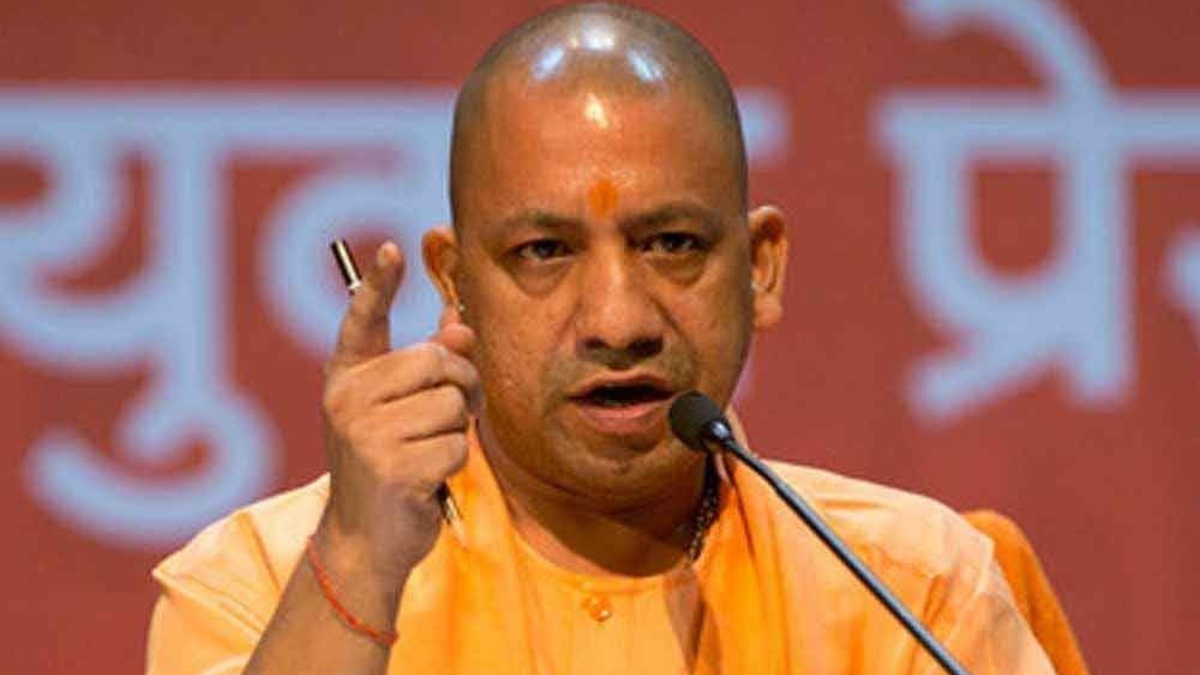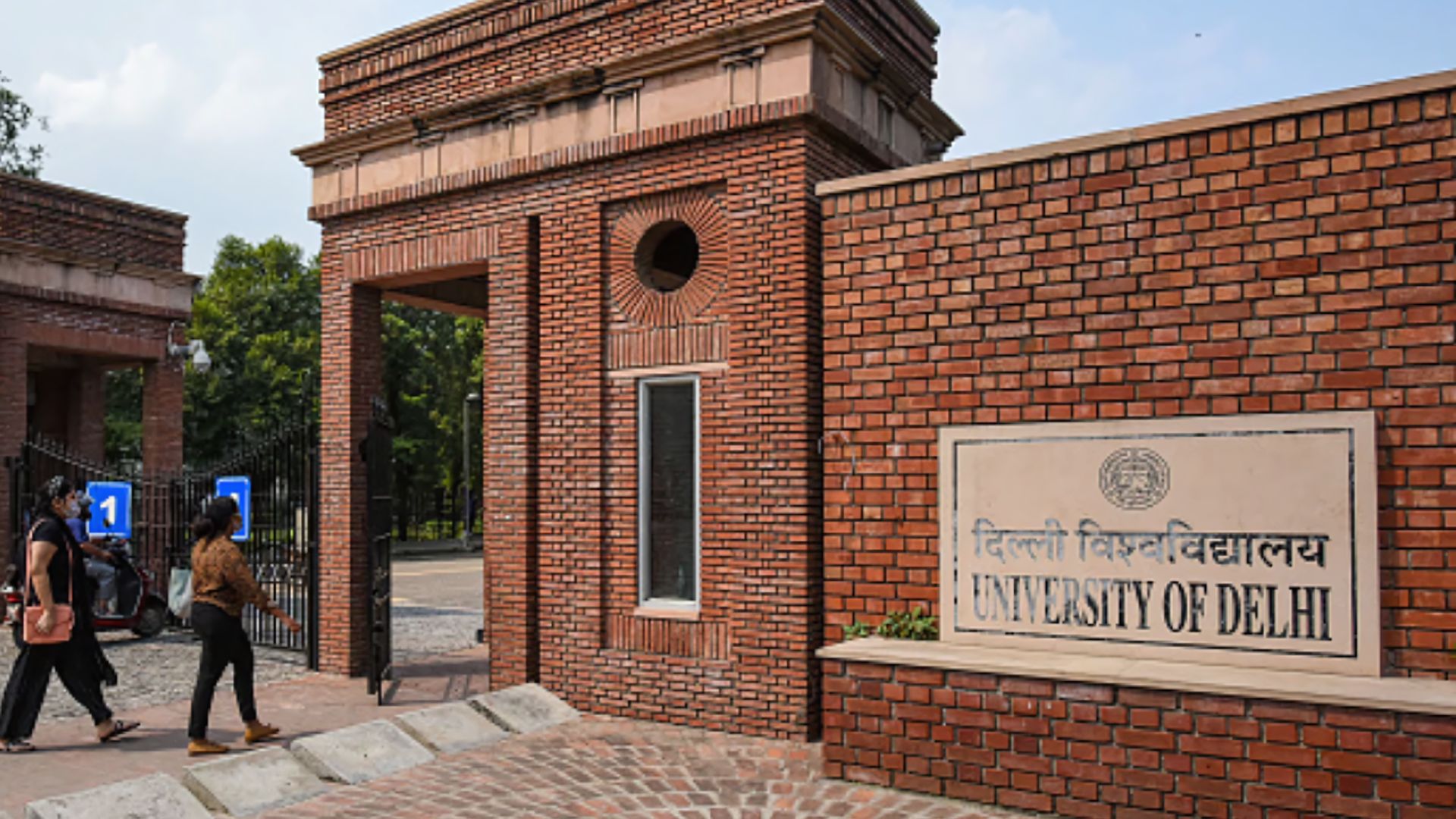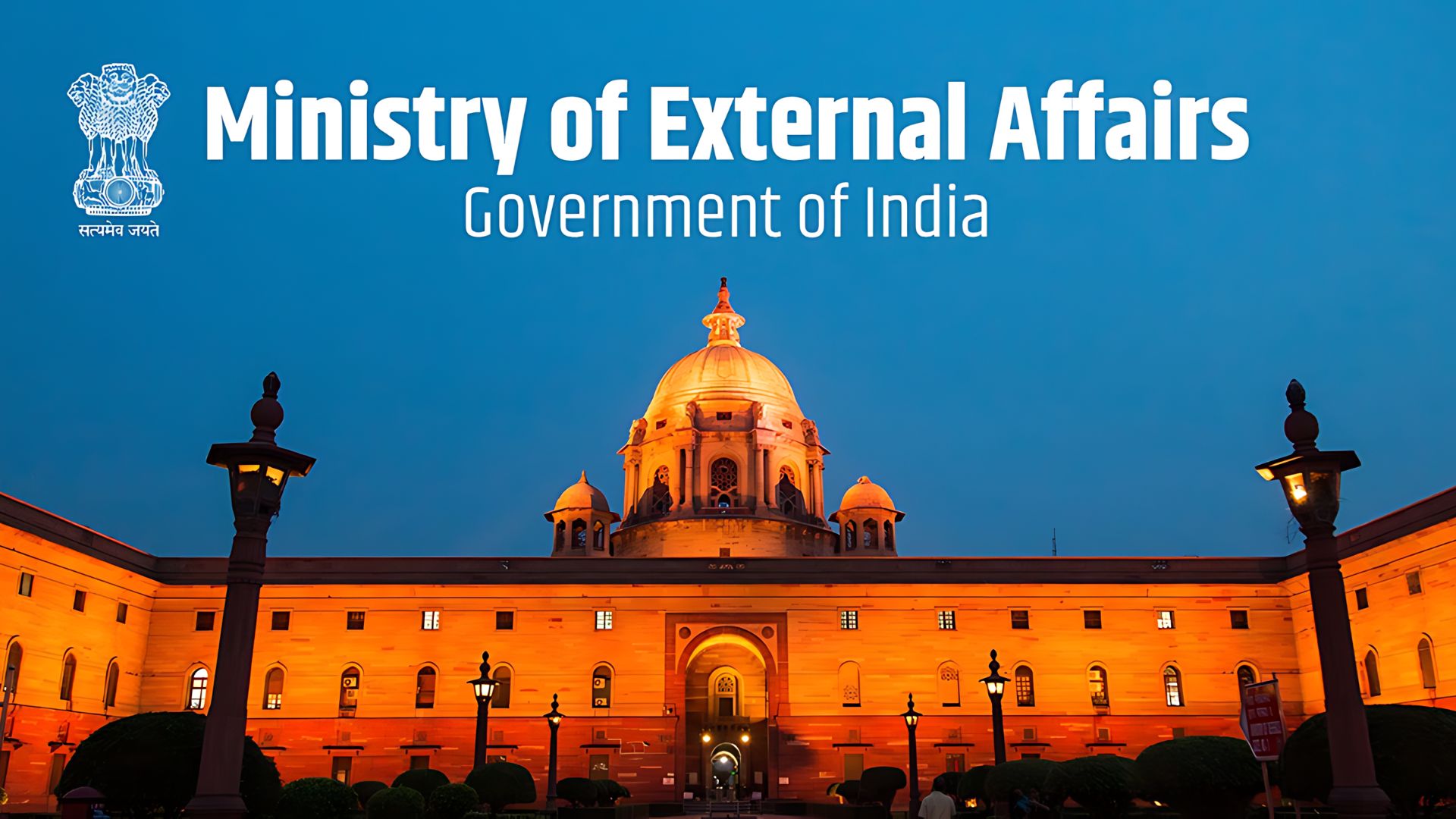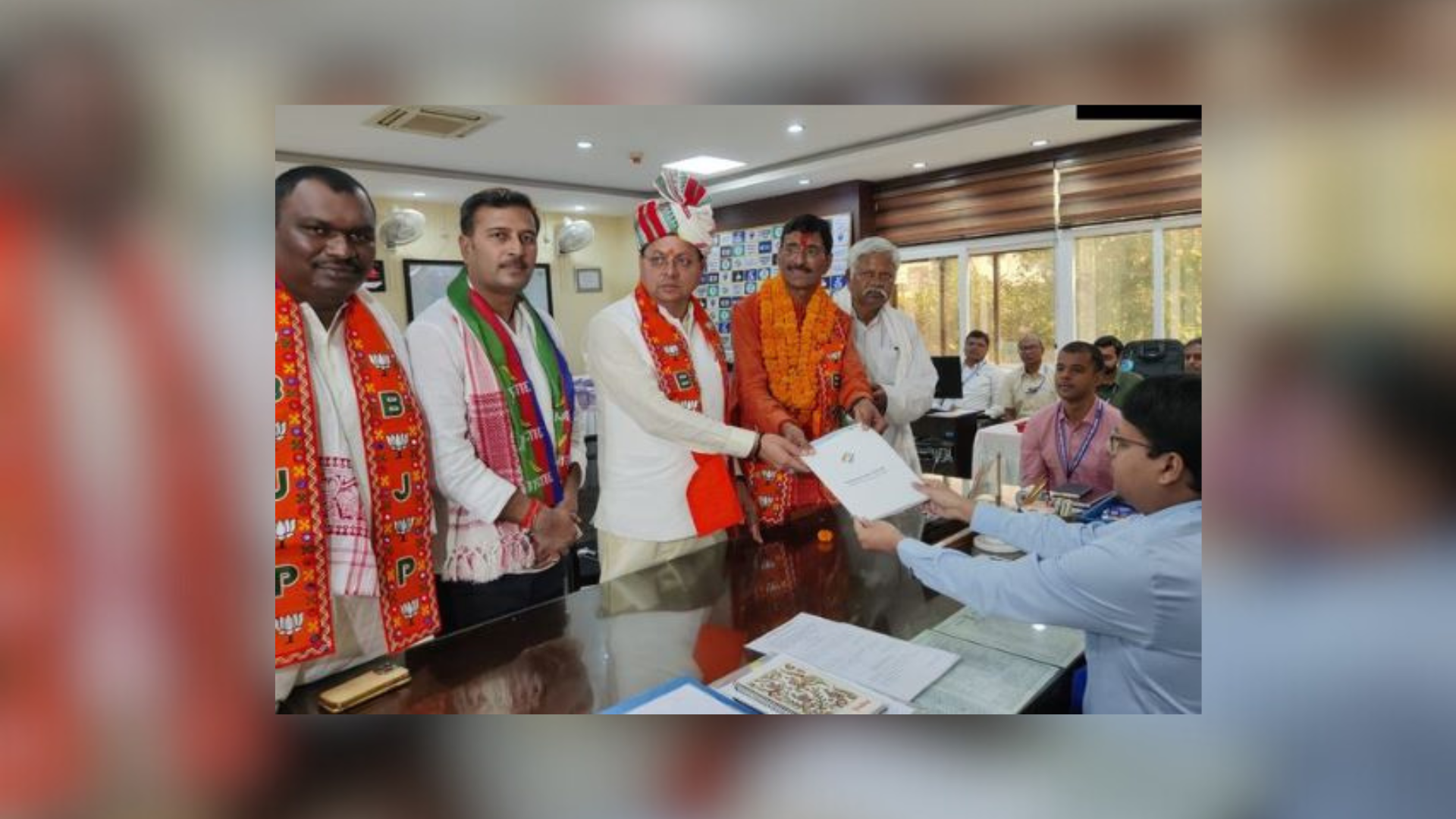


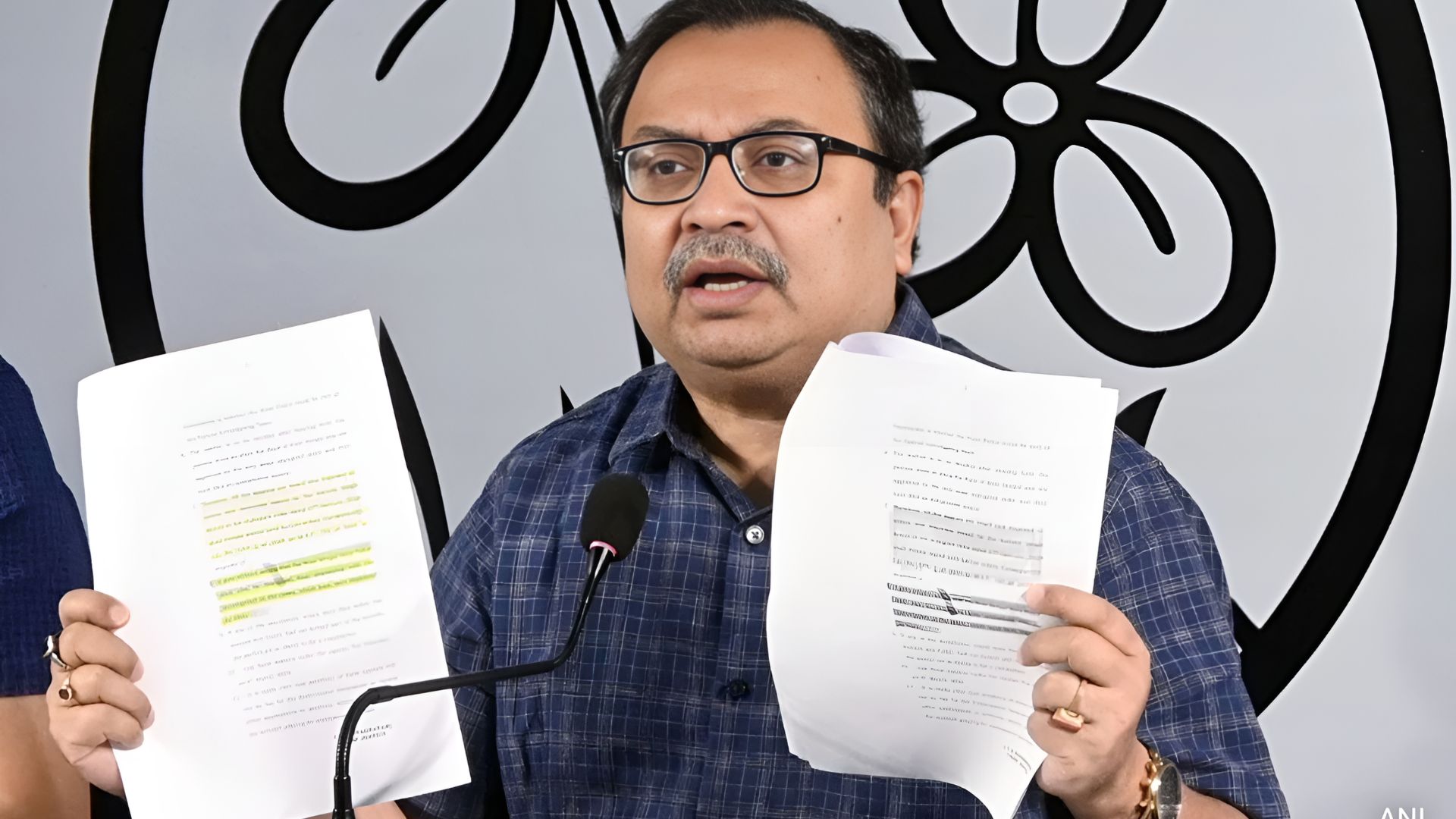
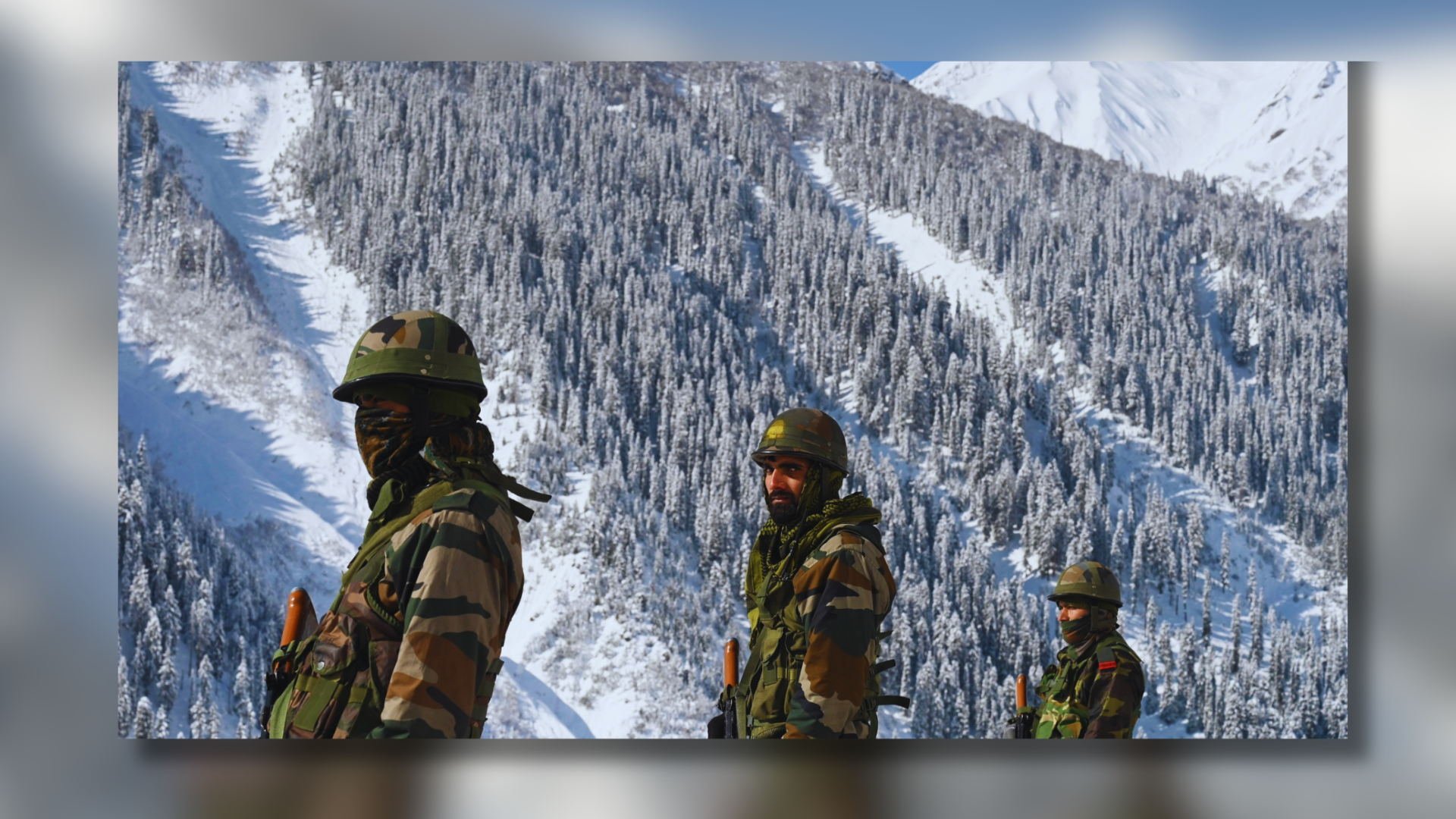

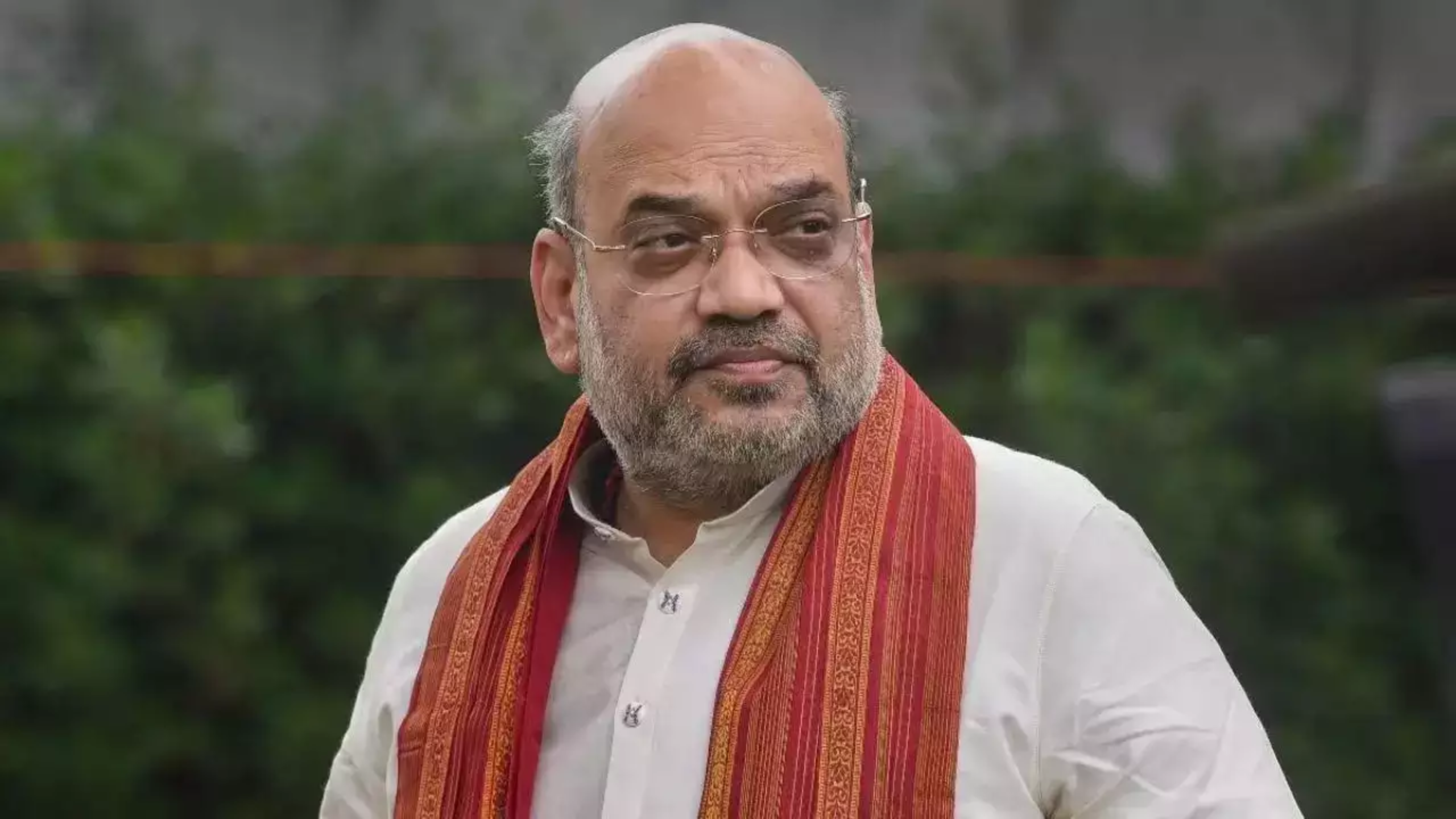
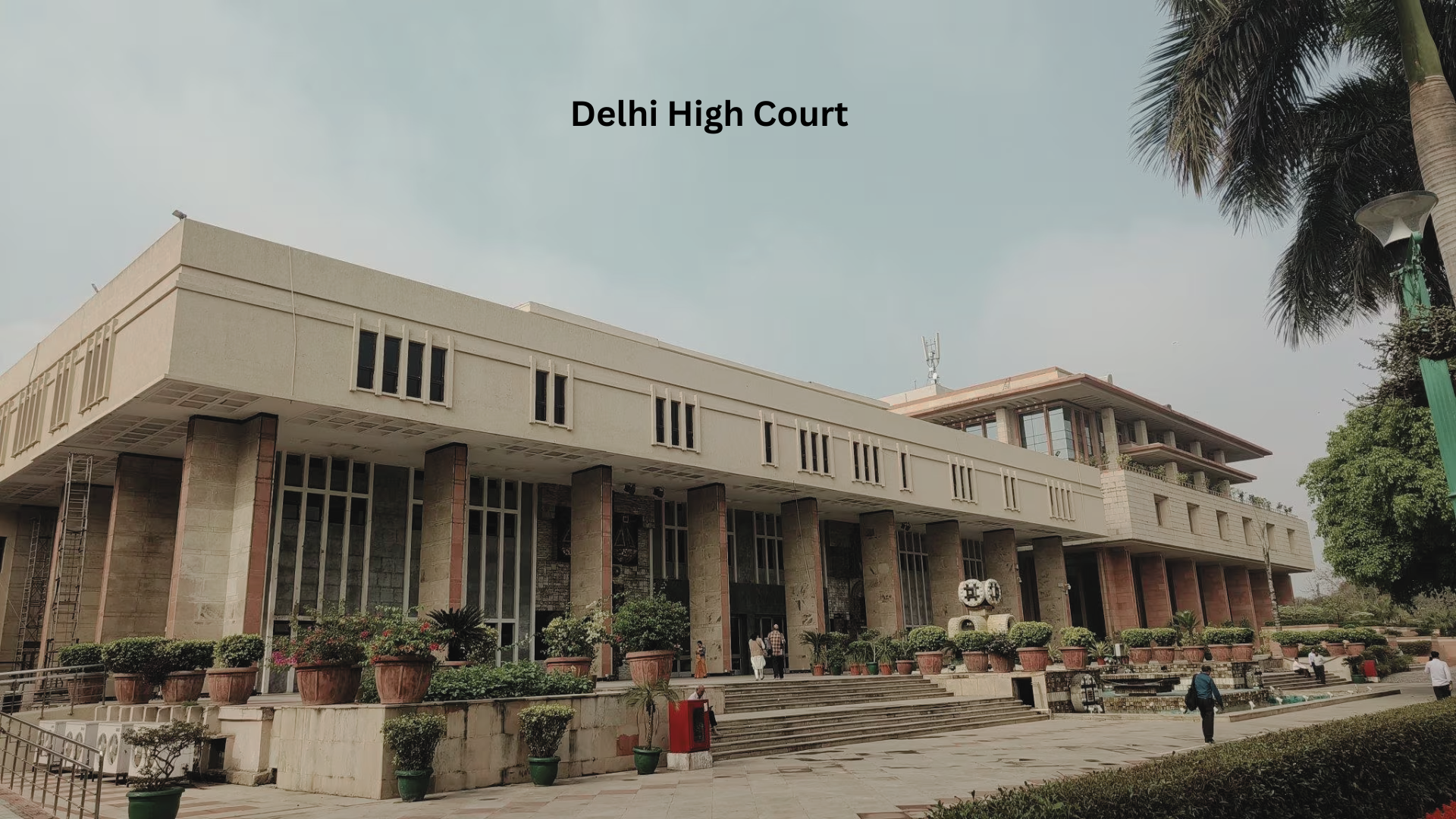
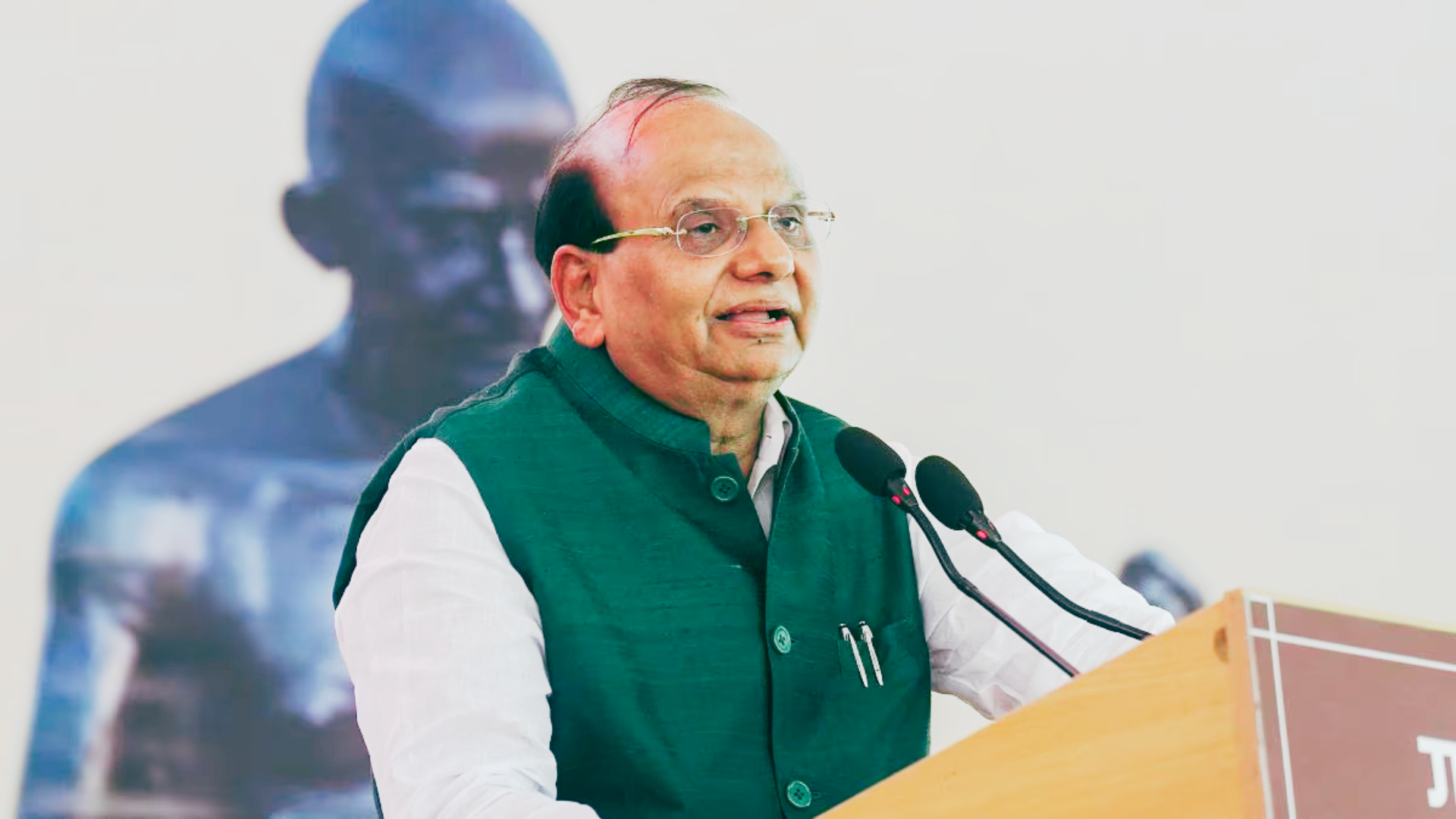
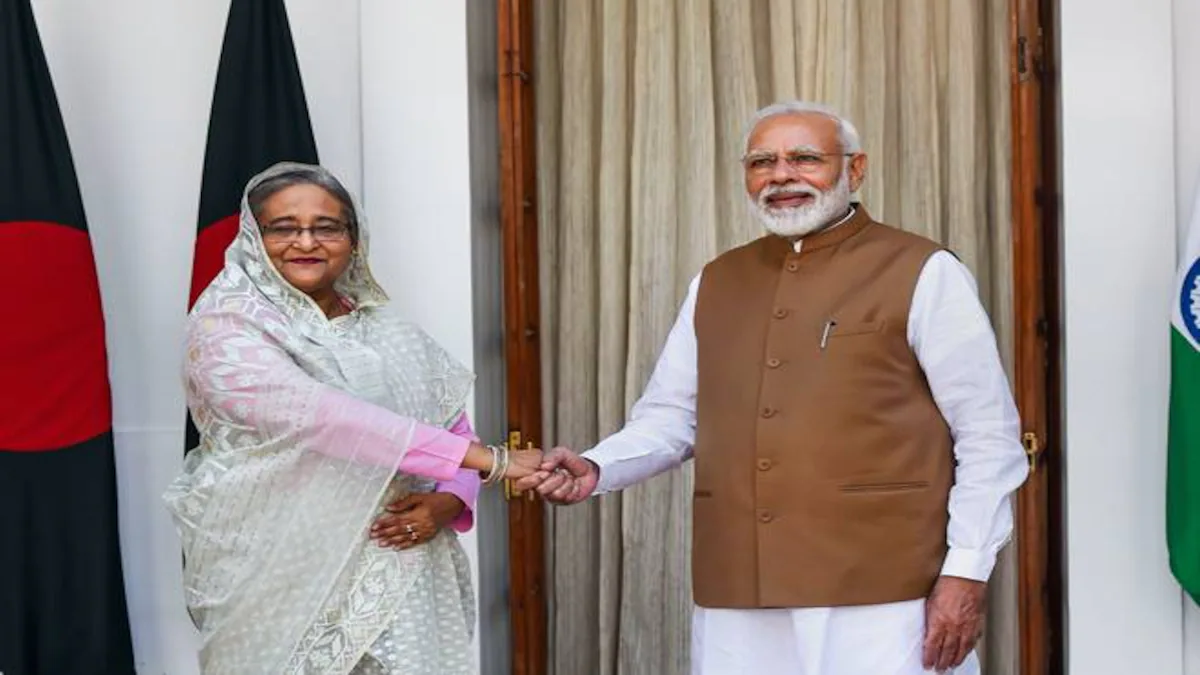
Prime Minister Narendra and Bangladesh Prime Minister Sheikh Hasina will launch the India-Bangladesh Friendship Pipeline via video conference on March 18.
The first cross-border energy pipeline between India and Bangladesh, built at an estimated cost of Rs 377 crore, of which the Bangladesh portion of the pipeline was built at a cost of approximately Rs 285 crore, has been borne by the Government of India through grant assistance, according to a press release from the Prime Minister’s Office. The pipeline can transport 1 million metric tonnes per year (MMTPA) of high-speed diesel (HSD). It will initially supply High-Speed Diesel to seven districts in northern Bangladesh.
The operation of the India-Bangladesh Friendship Pipeline will establish a sustainable, reliable, cost-effective, and environmentally friendly mode of transporting HSD from India to Bangladesh, as well as further strengthen bilateral cooperation in energy security, according to the release.
The India-Bangladesh Friendship Pipeline will transport diesel from Assam’s Numaligarh Refinery Ltd’s (NRL) marketing terminal in Siliguri, West Bengal, to Bangladesh Petroleum Corporation’s Parbatipur depot (BPC).
The project is being carried out in collaboration by India’s Numaligarh Refinery Limited and Bangladesh’s Meghna Petroleum Limited.
Bangladesh would initially purchase 2.5 lakh tonnes of diesel. It would then be increased to 4 to 5 lakh tonnes over the next few years.
Bangladesh will import diesel for 15 years beginning on the day supply begins, according to the contract.
The India-Bangladesh Friendship Pipeline would help ensure a consistent supply of diesel in Bangladesh’s 16 northern districts of Rangpur and Rajshahi. It will ensure quick fuel delivery at a low cost. Imported diesel is currently delivered to these areas via waggons and trawlers from the Chattogram and Mongla ports.
Each barrel of fuel transported from the port city costs around USD 8. The pipeline would reduce the cost per barrel to around USD 5. It will also reduce transportation time to one hour, as opposed to the current situation of several days for diesel transport via waggons and trawlers.



